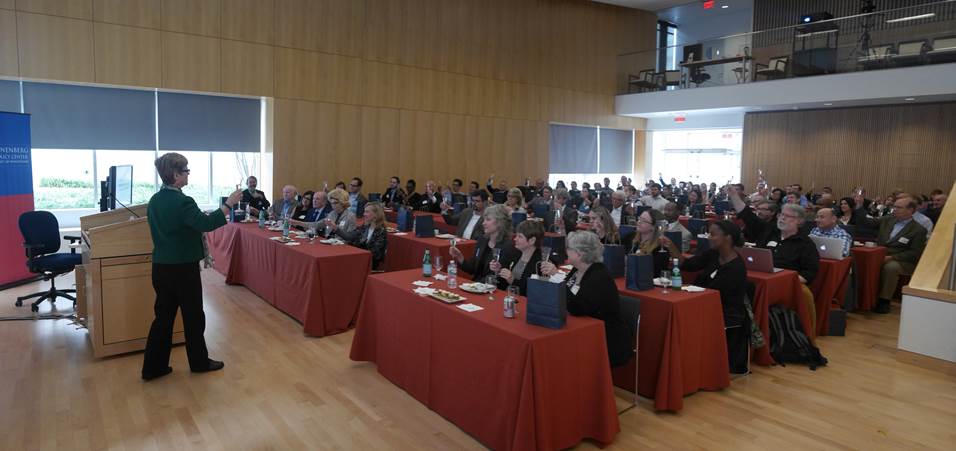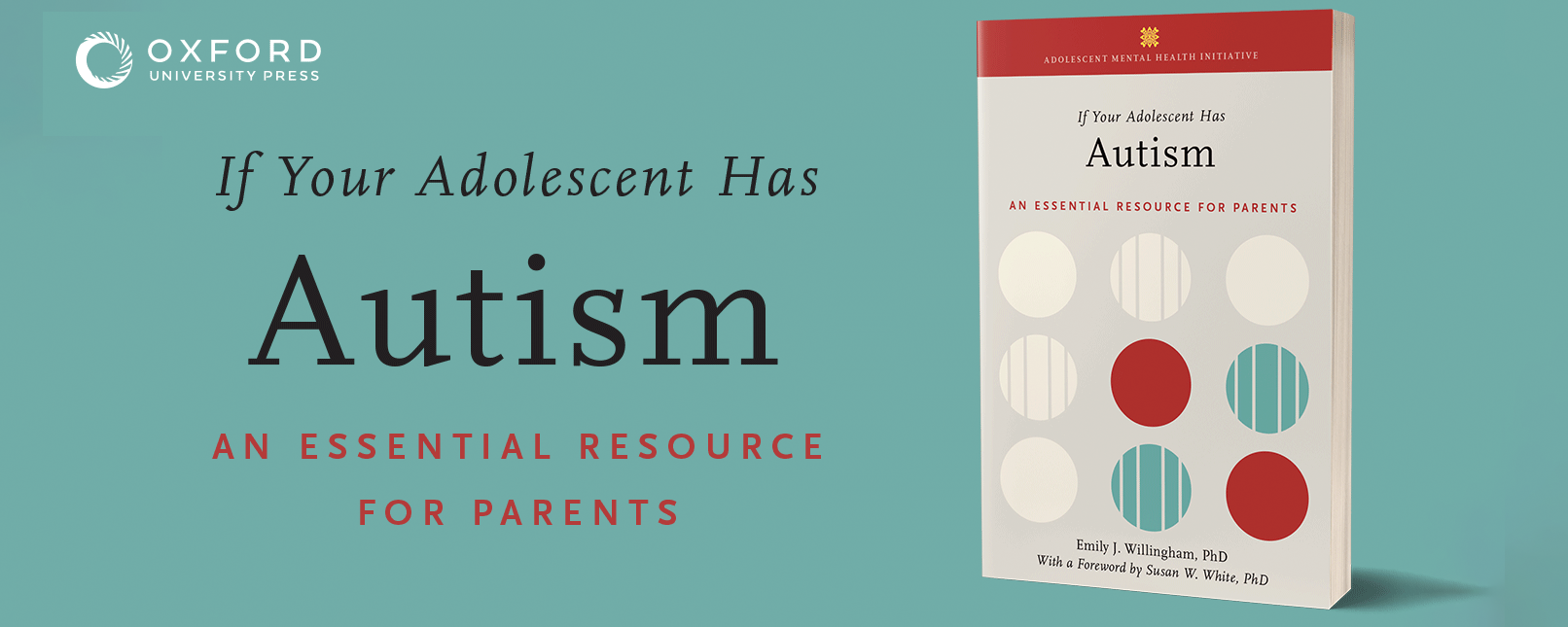PHILADELPHIA – To mark its 20th anniversary, the Annenberg Public Policy Center of the University of Pennsylvania is opening a new area of study, the Science of Science Communication, to investigate how scientific evidence can be more effectively conveyed to the public.
The new area will look at the failure to dispel public controversy over such issues as climate change, vaccinations, and genetically modified organisms despite the presence of valid, compelling and widely accessible scientific evidence.
“There’s a persistent gap between expert knowledge of scientific issues and public perception on myriad issues,” said Kathleen Hall Jamieson, director of the Annenberg Public Policy Center (APPC). “Through empirical testing, we will examine ways to close this gap and separate the issues in communicating science from the evidence that is being presented.” She said APPC also will study such issues as the self-correcting nature of science, and whether corrections and retractions contribute to a perception that the science itself is flawed.

In addition, APPC announced that its award-winning FactCheck.org project, which has focused on political speech, has received funding from the Stanton Foundation to expand its mission to include monitoring the use and misuse of scientific evidence in partisan communications.
The new area joins the other fields of study to which the Annenberg Public Policy Center (APPC) is dedicated: political communication, health communication, adolescent risk, and media and the developing child.
Science Communication builds on past projects
The Science of Science Communication builds on past APPC work, including the dissemination of media guidelines for suicide coverage, which was undertaken in partnership with the Centers for Disease Control, the National Institute of Mental Health, and the Surgeon General. It builds as well on the Annenberg Health Communication wiki, a one-stop-shopping site that helps health communicators make better use of state-of-the-art social science. Both were funded by the Robert Wood Johnson Foundation.
The first study in this new area was published in September 2014 in the Proceedings of the National Academy of Sciences. The study, conducted by Kathleen Hall Jamieson and APPC senior researcher Bruce W. Hardy, found it was possible to overcome the effects of selectively presented information in partisan media. The research focused on 465 self-identified conservatives who were presented with online Fox News story about the extent of Arctic sea ice.
The study, “Leveraging scientific credibility about Arctic sea ice trends in a polarized political environment,” found that scientists can minimize the likelihood their message will be rejected by avoiding advocacy, relying on trusted sources, and inviting the audience to understand the evidence that justifies the scientific conclusion.
For the full release on APPC’s 20th anniversary and new field of study, click here.


